Thousands of migrants arrive in Necoclí, a town in Colombia 2:35
Necoclí, Colombia (CNN) -
Thousands of them traveled to get here from Haiti, Venezuela, Chile, Brazil, and even beyond, from Ghana, Mali and Togo.
And now they are stranded.
Migrants begin lining up on Necoclí beach, on Colombia's northern Caribbean coast, early in the morning.
Before them is the Gulf of Urabá, a stretch of the Caribbean Sea that interrupts their long journey north to the United States.
Once they cross, if they cross, they face a 60-kilometer trek through the Darien Gap jungle to reach Panama and eventually Costa Rica and Nicaragua.
If they survive that far, they will join the massive flows of desperate people walking north through Central America, all on their way to the US-Mexico border.
But for now, hopeful travelers in Necoclí are at a dead end.
There is only one ferry company here that can take migrants across the gulf, and its capacity is at the limit.
Colombian municipality reports that more than 10,000 migrants waiting to reach the US are stranded.
"We try to move eight or nine hundred migrants a day, but it is difficult. Normally it is three or four hundred people, maybe five hundred, but now it is nine hundred people day after day after day. I have never seen anything like this before," says Edward Villarreal, who works as a translator for the ferry company Caribe SAS.
In recent weeks, up to 15,000 migrants have arrived in Necoclí, according to the Colombian Ombudsman's Office.
The city, which normally has a population of just 22,000, is at a breaking point.
"The entire health system, public services and food have collapsed," Necoclí mayor Jorge Tobón told local media last week.
advertising
Caribe SAS now has a waiting list of over 8,000 travelers who have purchased tickets but now have to wait for the next available spot.
Tickets are sold out until August 10, Villarreal told CNN.
Stranded migrants from Cuba, Haiti, and several African countries travel by boat from Necoclí to Capurganá, Colombia, on July 31, 2021.
The economic consequences of the pandemic
Most people who attempt this trip are looking for a second chance, according to CNN interviews with dozens of migrants and city officials.
Edem Agbanzo, 30, has a degree in cooking and first emigrated from Togo to Ghana to work as a chef.
But after a year, violent clashes between Muslims and Catholics in West Africa forced him to flee, he said.
In 2019, he flew to Chile and found informal work as a gardener;
then lost it again when the covid-19 pandemic broke out.
After waiting for the country to reopen for more than a year, he and a friend hit the road on July 17.
"We decided to go to the United States because the new president offered an opportunity for people who are suffering and do not have stability in their own country to move there and explain their case. If you are eligible to be accepted, you can stay," Agbanzo told CNN , despite recent warnings from the Biden administration to migrants: "Don't come."
Biden asks migrants "not to come to the United States"
Agbanzo hopes to move to Georgia, where he has relatives who can sponsor his visa application.
Their story is similar to that of thousands of migrants in Necoclí, the vast majority of whom are Haitians who had previously settled in other South American countries, such as Brazil and Chile, but have been uprooted by economic pressures amid confinement by covid -19 and labor restrictions.
Many held informal jobs before the pandemic and were especially vulnerable to slipping into extreme poverty when economies strained last year.
Georgina Ducleon, originally from Haiti, lived in Rio de Janeiro for more than six years, she told CNN.
Now she travels with her two young children.
Both are under the age of five and have Brazilian citizenship.
His family lost their income when the pandemic broke out and Rio became confined, Duclean says, and they no longer believe a future is possible there.
He is afraid of the jungle and a long walk awaits him.
"But we put our lives in God's hands and, with his help, we are going to succeed," he told CNN.
Local authorities are particularly concerned about migrants of Haitian origin, who tend to travel with their families, according to Juan Francisco Espinosa, director of Migration Colombia.
"We need to make sure that we provide protection to all these people and in particular to the children on the road," Espinosa said last week.
The Colombian Red Cross set up a tent on the beach to help migrants understand their options.
"Our priority is to give them information, many have no idea where they are going or have very few travel plans," says Red Cross volunteer Diana Marcela, herself a native of Venezuela and who moved to Colombia in 2016.
"I share a lot of their pain ... I know how they must feel," he said of the migrants.
A migrant sleeps on the beach in Necoclí on July 31, 2021.
Among the services provided by the Red Cross is a free Wi-Fi connection point where migrants can connect to the internet.
Much of the trip planning happens in WhatsApp chats, where migrants share advice and warn of the dangers ahead.
Esteban Núñez from Ciudad Bolívar in Venezuela is in five group chats.
He showed CNN a shared video of a successful migrant recalling his trip through Panama and Mexico, before finally arriving in New York's Times Square.
But in another group, a woman's voicemail shares a different experience: Her group was assaulted twice in the jungle, and she says she witnessed corpses, mutilated bodies and multiple rapes deep in the woods.
Most of the tips in these groups relate to money and how to make the trip cheaper.
Núñez said he spent US $ 180 on equipment and supplies to prepare for his trip, including a tent, walking shoes and a mattress.
The trip to Necoclí alone cost him the equivalent of US $ 200 in bus tickets, food and lodging.
A flight from Bogotá to Panama City costs only US $ 75, but it is not an option for migrants traveling without papers or who do not have a valid Panama visa.
Remi Wilfor, a Haitian who used to live in Chile, dreams of one day arriving in Brooklyn, New York, where an aunt lives.
But after collecting all his savings in July, the equivalent of US $ 900, he has already spent US $ 800 just to get to Necoclí.
Informants denounce poor conditions at Fort Bliss facilities for migrant minors
Now he's terrified trying to make the rest of the trip on just $ 100.
On Saturday, Colombian Defense Minister Diego Molano traveled to Necoclí.
He promised that the Colombian Navy would build an emergency dock to alleviate stress in the city by allowing more boats to pick up migrants and transport them across the gulf.
But he also emphasized that the problem requires a greater solution.
Foreign governments in the region should organize talks to regulate the flow of migrants as more and more people flee the economic misery exacerbated by the pandemic, he said.
Journalist Juan Arturo Gómez contributed to the report.
ImmigrantsMigration Colombia



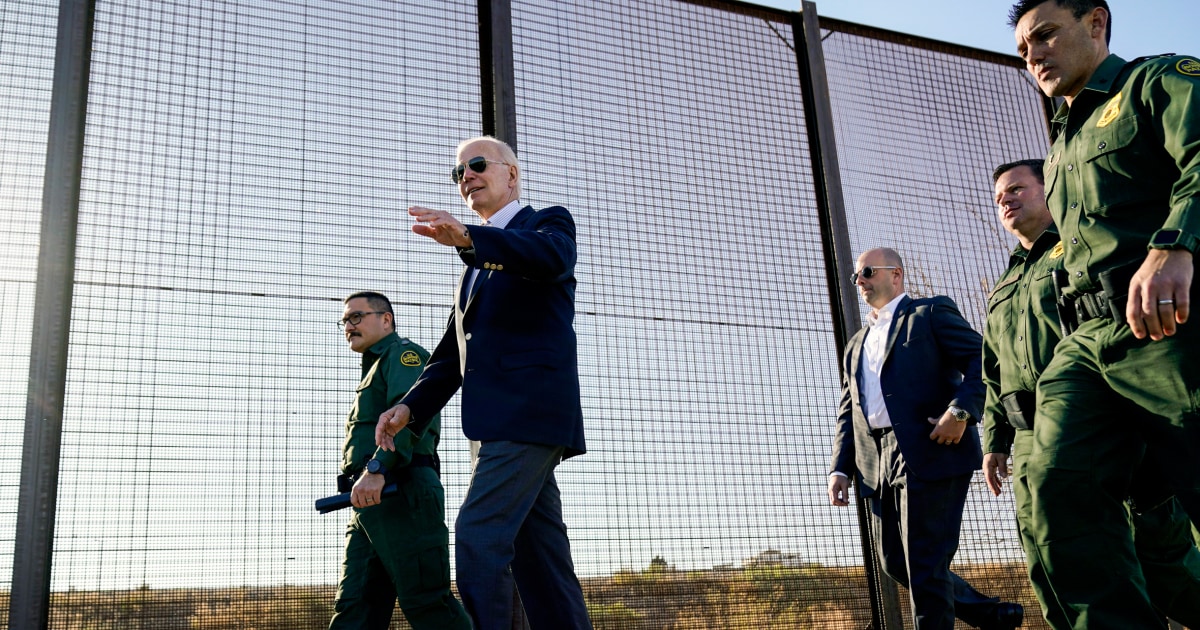
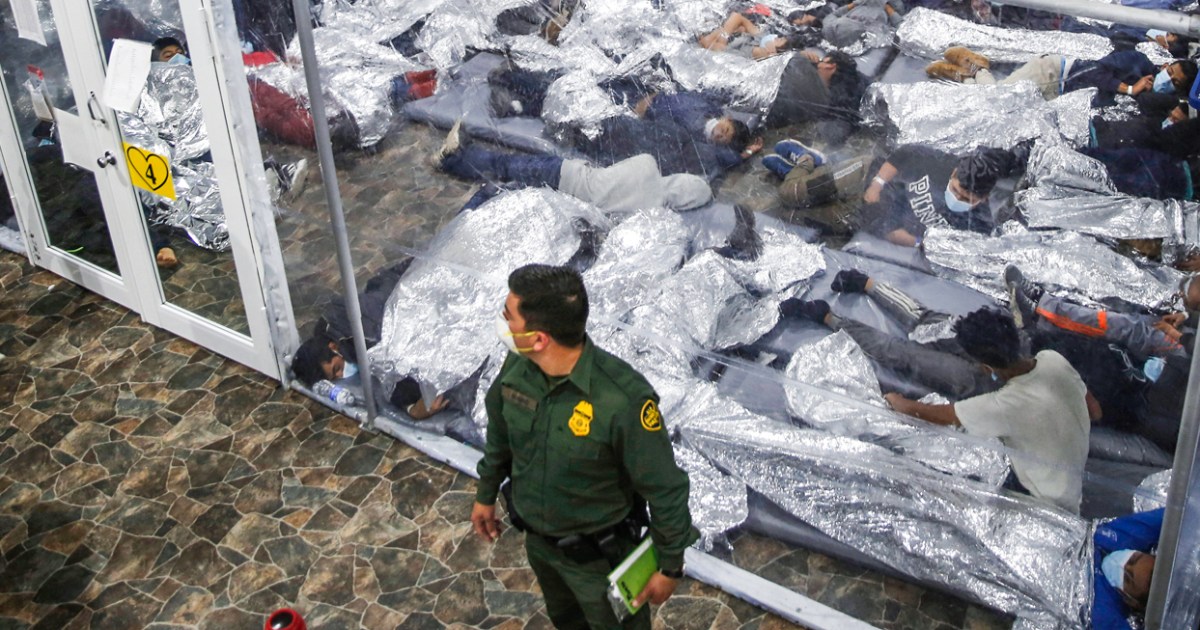
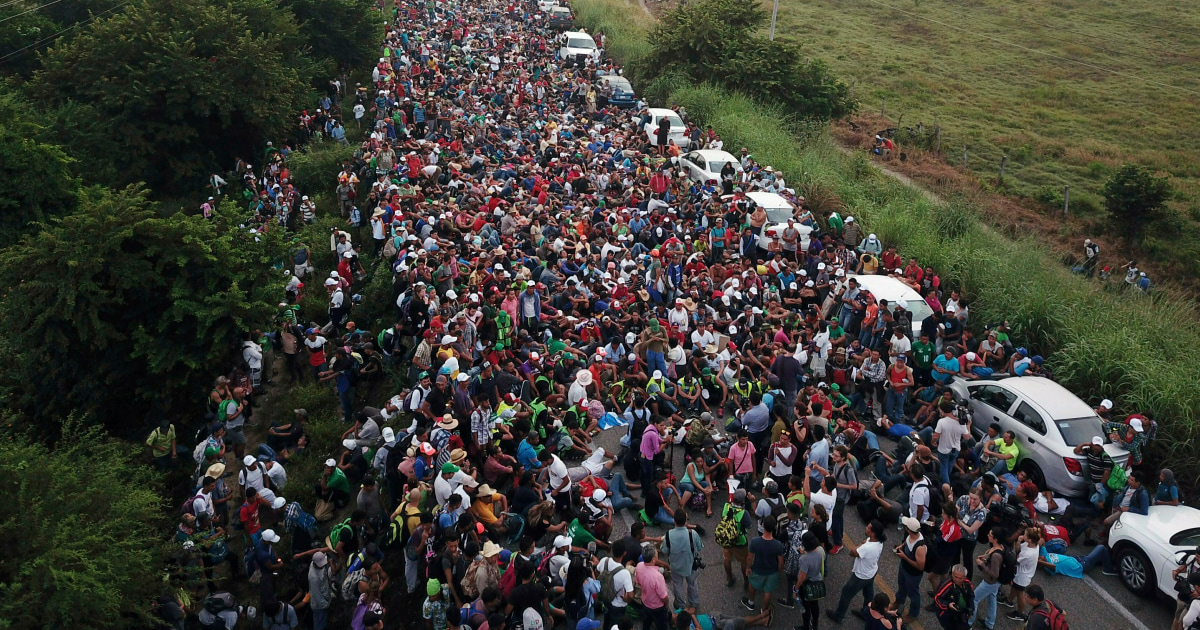
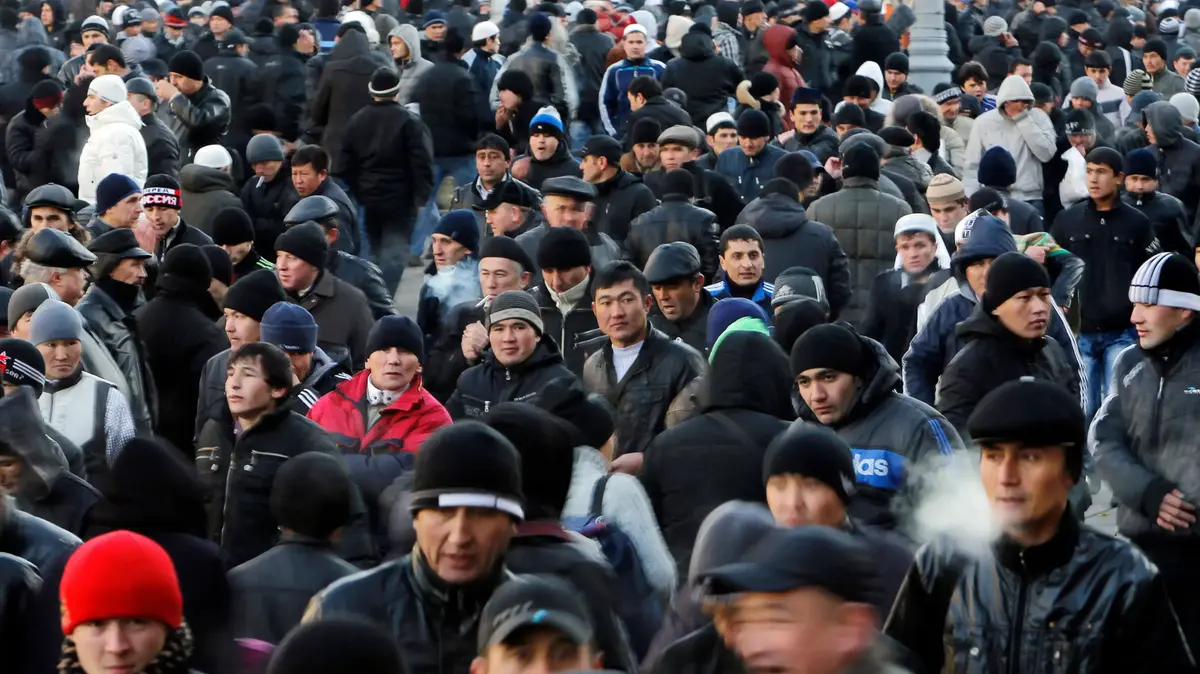
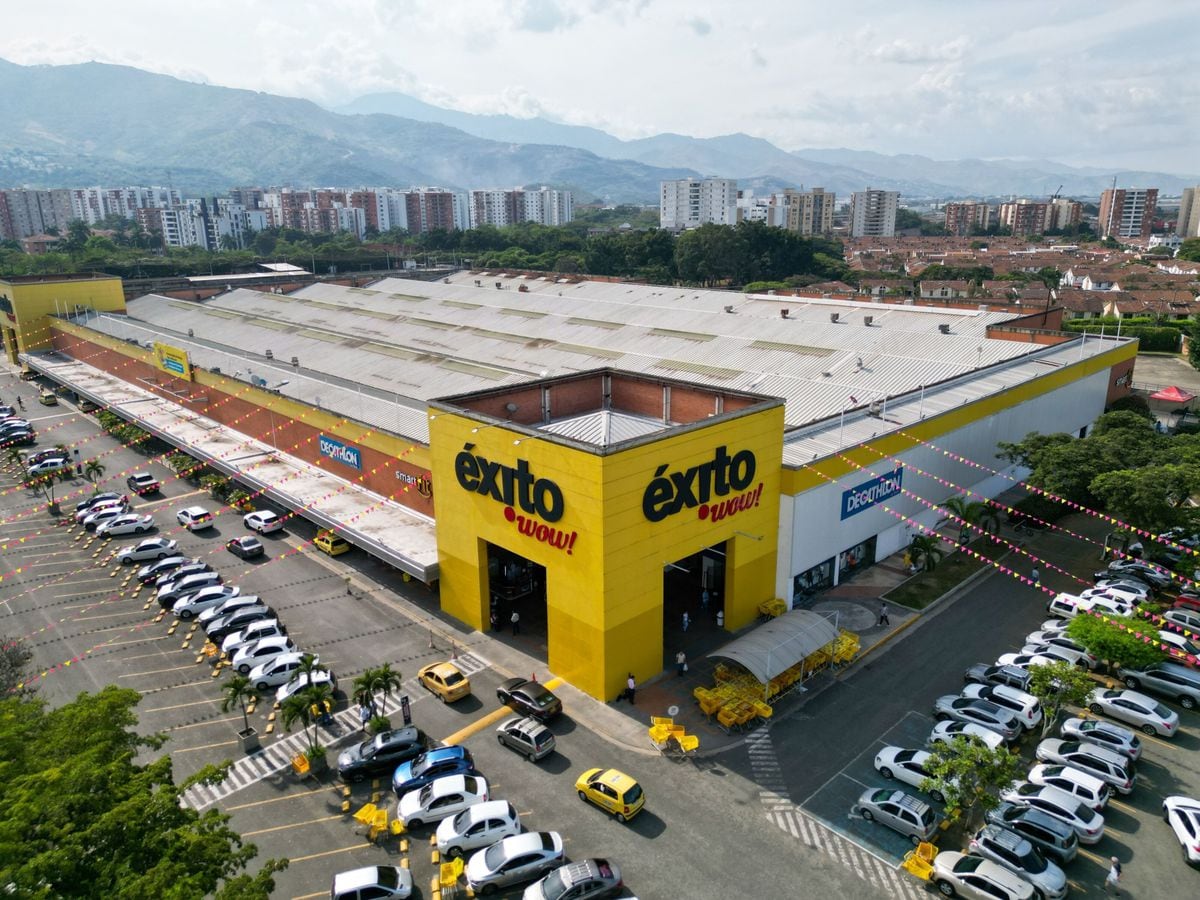
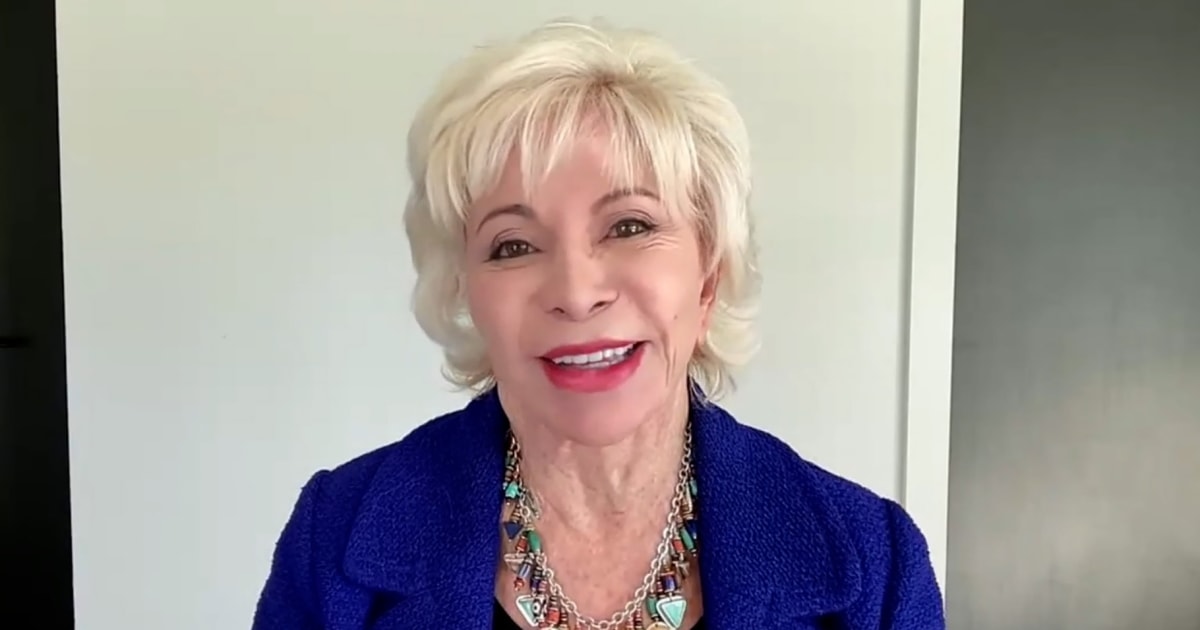
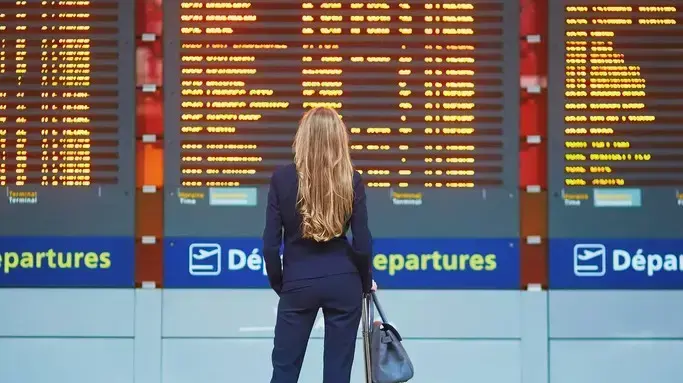

/cloudfront-eu-central-1.images.arcpublishing.com/prisa/KMEYMJKESBAZBE4MRBAM4TGHIQ.jpg)



